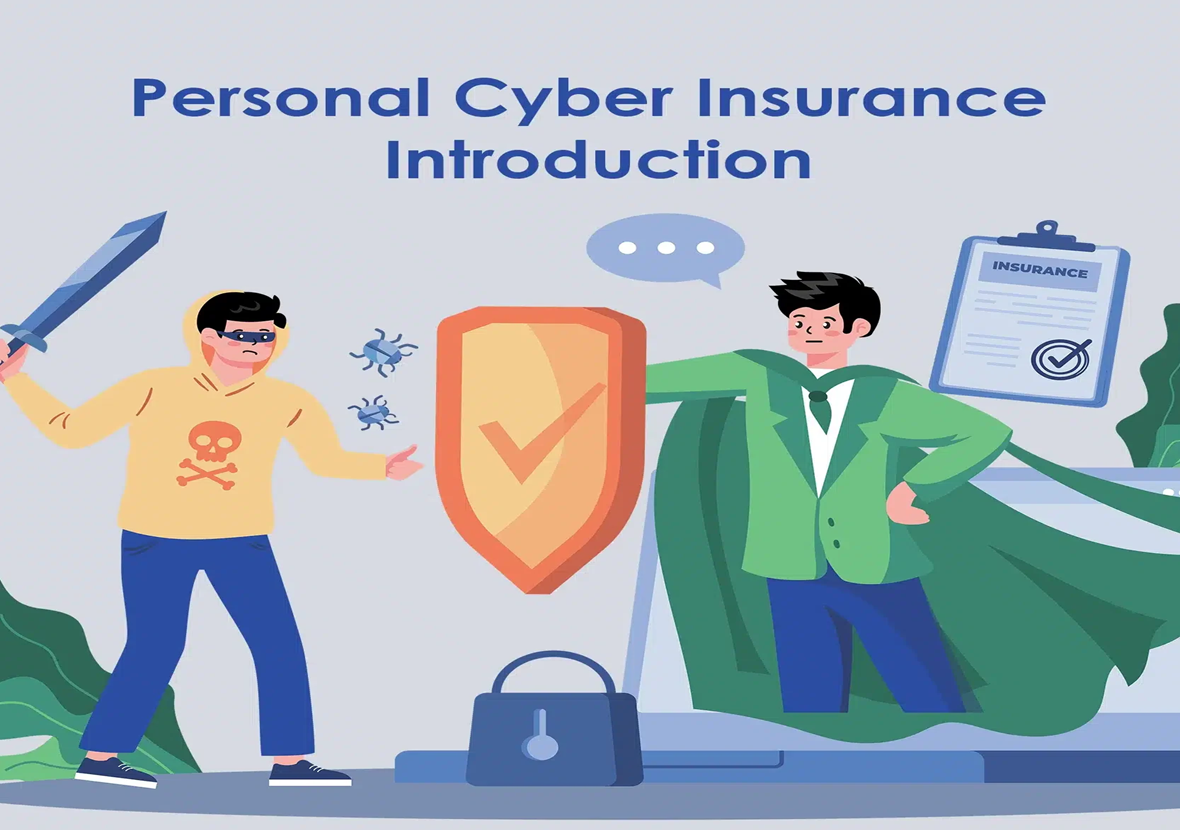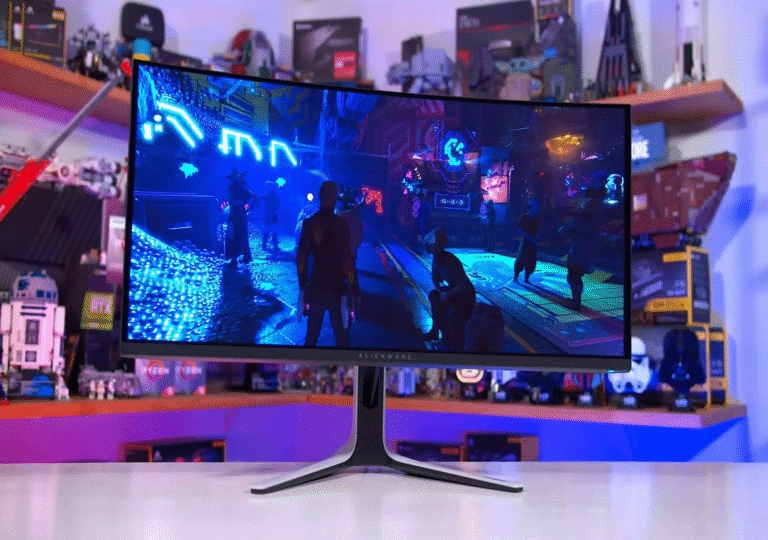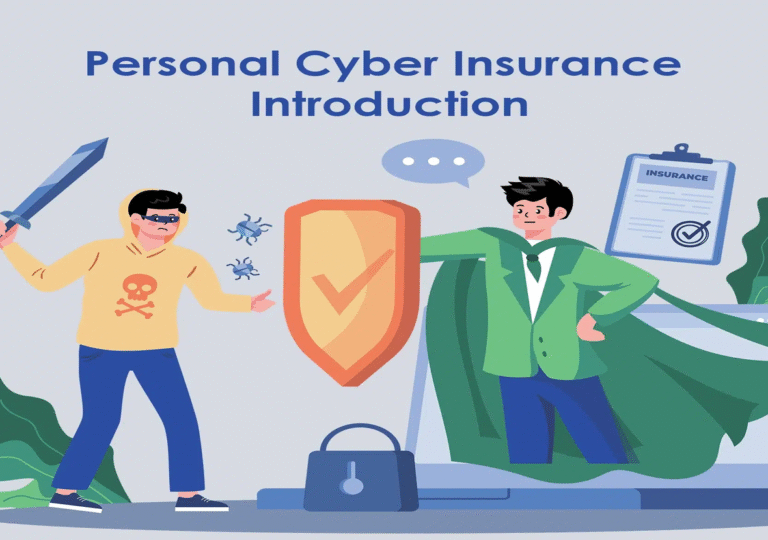Game Developer Liability Insurance
One issue is frequently neglected until it’s too late, regardless of whether you’re a tiny team creating a multiplayer platformer or an independent developer releasing your first mobile game: liability insurance. Risk can arise from a variety of sources in the rapidly evolving field of game production, including copyright disputes, data breaches, device breakdowns, and even disgruntled customers. Game developer liability insurance can help with that.
Let’s break down what it is, why you need it, and how to find the best and most affordable liability insurance for coders, freelancers, and game dev studios. If you’re creating games under the 1HR Games umbrella or independently, you’ll want to keep reading.
Why Game Developers Need Liability Insurance
You might be thinking, I just write code and make games—what could go wrong?
Plenty.
Let’s say your mobile app collects user data, and there’s a breach. Or your game unintentionally uses copyrighted music. Maybe your client claims your work caused them financial loss. Any of these could lead to lawsuits or major expenses. Without developer liability insurance for freelancers or studios, you’re footing the bill alone.
For freelance coders, game studios, and startups, developer liability protection for small businesses isn’t a luxury. It’s a safety net. It protects your personal assets, your team’s future, and your ability to keep making games.
What Does Game Developer Liability Insurance Cover
Liability insurance can be tailored to your specific work, whether you’re coding backend systems or designing user interfaces. Here’s what typical software developer insurance coverage might include:
General Liability
This is the basic stuff—if someone gets hurt because of your product or property, or you accidentally damage someone else’s property. For developers, this could mean physical events at a studio, but also digital damage (yes, really).
Professional Liability (Errors and Omissions Insurance)
This one’s huge. If your game or app doesn’t work as promised, or it causes a business loss, this insurance helps cover legal fees and damages. Known as developers errors and omissions insurance, it’s often required when working with clients or platforms.
Cyber Liability Insurance
Games and apps often collect user data, process transactions, or connect to servers. If there’s a hack, cyber attack, or leak, this coverage helps with the fallout. Cyber liability insurance for developers is critical for anyone online (so, basically everyone).
Product Liability
If your digital product causes harm—say, a bug crashes devices or leads to data loss—this insurance can shield you from lawsuits.
Media Liability
Useful if you use third-party assets like music, images, or fonts. App maker liability protection helps if you accidentally infringe on someone else’s IP.
Types of Insurance Based on Your Role
Not every developer has the same risks. Here’s how liability insurance lines up depending on your role or niche:
Freelance Developers and Coders
Whether you’re picking up gigs on Upwork or building your own indie games, low cost insurance for developers helps protect you from unhappy clients, failed deployments, or allegations of IP theft. Liability insurance for freelance coders can be surprisingly affordable.
Web Developers
If you’re handling ecommerce sites, client data, or business platforms, web developer business insurance is important. A security flaw or crash could cost a client thousands.
Mobile App Developers
Publishing to Google Play or the App Store? You’ll want mobile app developer insurance plans to cover app-store compliance issues, data usage risks, and user claims.
Backend Developers
If you’re building systems that connect databases or servers, backend developer liability insurance helps in case something breaks and affects functionality.
Frontend Developers
Working on UI/UX? Bugs or accessibility issues could result in lost business. Frontend developer insurance requirements often involve coverage for negligence or failure to deliver on time.
Full Stack Developers
You’re doing it all—so you need insurance for full stack developers that combines backend, frontend, and business protection into one smart policy.
Indie Game Studios and Tech Startups
If you’re growing a small team or launching a SaaS game service, developer business insurance for small teams and insurance for tech startups and developers becomes more important.
You might need general liability for software developers, plus cyber and professional coverage to land investors, publish on major platforms, or protect your team from unexpected legal issues.
Even a two-person startup needs the right insurance, especially if you’re handling user accounts, storing data, or monetizing with in-app purchases.
Insurance for Developers Working With Clients
When working with clients, expectations can be unclear. Missed deadlines, miscommunications, or bugs that cause downtime can all lead to trouble. That’s where insurance for developers working with clients pays off. Many contracts even require professional liability insurance for IT consultants before you start a project.
Having developer liability insurance for remote workers means you’re covered even if you’re working from a cafe in Lisbon or a co-working space in San Francisco. The right plan protects your location-independent setup.
Coverage for Indie Game Developers and App Creators
If you’re a solo developer publishing on Steam, Itch.io, or the App Store, you still need protection. Insurance for indie game developers isn’t just for teams or companies. You could get sued over something as simple as a glitch that causes data loss.
Mobile developer insurance for app stores can help ensure your apps stay compliant with store terms, while also protecting you from user claims and potential takedowns.
If you’re building custom software for clients or game mechanics for third-party platforms, custom software developer liability coverage or custom app developer insurance options can be tailored to your exact project.
Insurance for SaaS Game Tools and Game-as-a-Service
Game developers building services like matchmaking platforms, multiplayer engines, or analytics dashboards need solid protection. Insurance for SaaS product developers often combines product liability, cyber coverage, and tech E&O (errors and omissions).
The cost of downtime in a SaaS game product can lead to massive client losses and angry users. Without technology professional liability insurance, you’re exposed to every bug, breach, or missed deadline.
How to Find the Best Insurance For Developers
If you’re just starting out, you might feel overwhelmed. You want coverage, but don’t want to spend a fortune. Look for these traits in a good policy:
Affordable premiums
Fast approval
Clear terms
No unnecessary extras
Strong reviews from other developers
Availability in your state or country
Some providers offer online developer insurance with fast approval, which means you can apply today and be covered tomorrow. If you’re a freelancer, these kinds of plans are ideal.
Others offer digital product developer insurance quotes within minutes. Perfect if you need a certificate of insurance to land a client gig or release a product on a third-party platform.
What Does Developer Insurance Cost
Prices vary, but here’s a rough idea.
Solo freelancers can often get affordable IT contractor liability insurance for around $25 to $50 a month. That includes basic general and professional liability.
Small studios with multiple team members might pay $75 to $200 monthly, depending on what they build, how many clients they serve, and whether they handle user data.
For bigger projects, or if you’re managing a live online game with users and servers, costs go up. But compared to the price of a lawsuit or takedown notice, developer insurance for project-based work is a smart investment.
Do Developers Really Get Sued
Yes, it happens more often than you think.
Here are some real risks:
A bug in your game bricks older phones and you’re sued for damages
You use an open-source library that turns out to be copyrighted
A client claims your delay cost them revenue
Your app is hacked and user data is leaked
Your game’s backend crashes during launch and causes massive downtime
In any of these cases, having software engineer insurance policy coverage could save you tens of thousands of dollars. Without it, you’re on your own.
What 1HR Games Recommends
At 1HR Games, we work with a mix of freelancers, part-time coders, and small studios. We’ve seen too many developers get burned by avoidable problems. That’s why we strongly recommend looking into top-rated liability insurance for tech creators before you start scaling up your projects.
Even if you’re working part-time or as a hobby, the risks are real. Getting personal liability insurance for software developers ensures you’re protected, even on your smallest projects.
If you’re not sure where to start, talk to an agent who understands digital work. Ask specifically about backend system developer insurance needs, app security liability insurance for developers, or anything else that’s relevant to your role.
Conclusion
Game development is full of creativity, challenge, and opportunity—but also real risk. Whether you’re building a casual mobile game, a web-based platformer, or a complex multiplayer engine, you need to protect yourself.
Start with simple liability coverage for coders that fits your current projects and scale up as needed. Whether you’re flying solo or part of a startup team, getting insured as a software developer could be the best investment you make for your future.
































